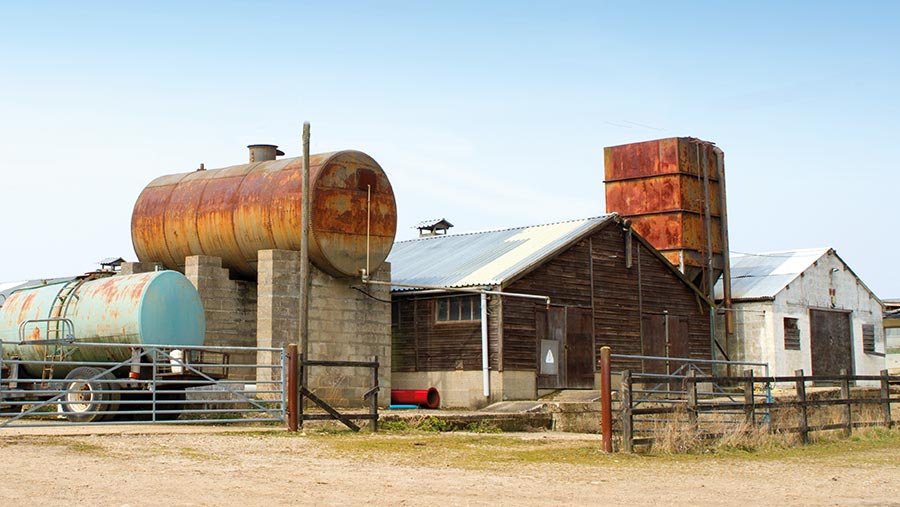Business Clinic: Will a limited company help save CGT when passing on property?
 © smikeymikey1/Adobe Stock
© smikeymikey1/Adobe Stock Whether it’s a legal, tax, insurance, management or land issue, Farmers Weekly’s experts can help.
Andrew Robinson, partner and head of agriculture at Armstrong Watson, advises on whether it is advantageous to move assets into a company for CGT purposes before handing them on.
See also: Business Clinic: what do tax changes mean for our beef and sheep partnership?
Q: How do you change owned property into a limited company so as to pass property on to the next generation avoiding a potential huge capital gains tax (CGT) bill?
A: This is a complex question and one where we have to consider several taxes, not just CGT. I assume the proterty is a mix of farmland and residential property.
The first point to note is that the most advantageous tax position can sometimes be obtained by holding onto assets until death.
This is where the assets qualify for 100% exemption from inheritance tax (IHT), and the person inheriting the assets is treated as acquiring the assets for CGT purposes at the market value at the date of death.
Holdover relief
A lifetime gift of agricultural or business assets can normally be made without a CGT liability by making a holdover election.
This means the new owner takes over the historic base cost for CGT and will have tax to pay on a later sale.
Furthermore, there should not be an IHT issue even if the person dies within seven years of making the gift.
The only exception being if the property has been sold in the meantime and not replaced or has ceased to be used for business purposes.
Greater complexity exists where part of the property is not in agricultural use. This may be where redundant buildings or cottages are rented out, for example.
In this case, part of the gift may not qualify for holdover relief, so some CGT may be payable.
Holdover relief can also be claimed when assets are transferred to a limited company so that CGT is not payable.
In this case, holdover can be claimed in two different ways, making the position more complicated.
In conclusion, it is normally possible to transfer farming assets to a company without a CGT bill.
Stamp Duty Land Tax
The other tax that needs to be considered when transferring property is Stamp Duty Land Tax (SDLT).
An outright gift between individuals does not usually attract an SDLT charge. The exception is where the new owner takes over any mortgages or loans as part of the deal.
The transfer of property to a company by contrast can result in an SDLT charge.
Again, this is a complex area, where large SDLT bills can arise on some transfers, while others – for example, from a partnership to a company – can be fully exempt.
Do you have a question for the panel?
Outline your legal, tax, finance, insurance or farm management question in no more than 350 words and Farmers Weekly will put it to a member of the panel. Please give as much information as possible.
Email your question to FW-Businessclinic@markallengroup.com using the subject line “Business Clinic”.
